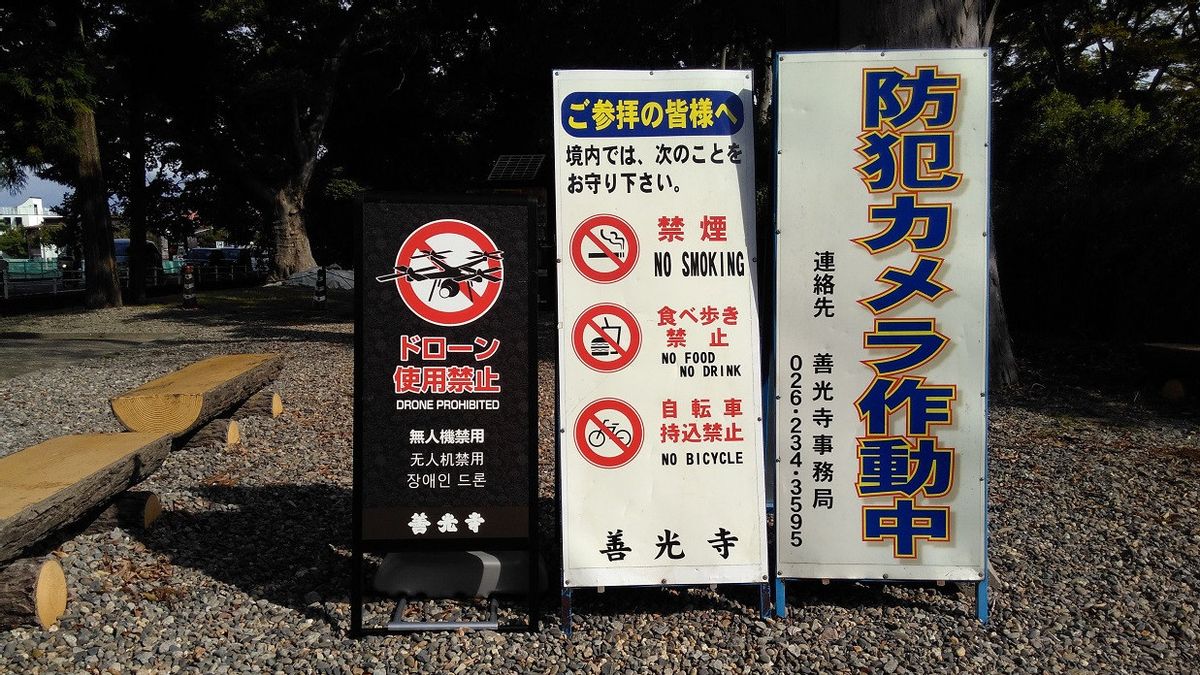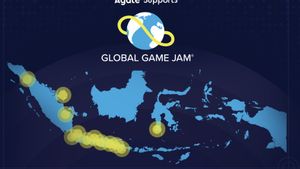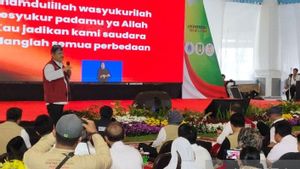JAKARTA - Japan on Monday lifted a ban on automated drone flights over residential areas, to allow aerial package deliveries and help address labor shortages in the country, amid an aging population across the country, especially in rural areas.
Previous unsupervised drone flights were only allowed in uninhabited areas, such as mountains, rivers, and agricultural land in so-called level three operations under a four-level classification system.
Level four automated drone operations in residential areas are likely to begin after operators wishing to provide these services complete the government procedures needed to fly sometime in March.
Meanwhile, several logistics service companies have started deliveries with third-degree drone operations, flights through residential areas, which are made possible by the revision of the Civil Aviation Act, are expected to help the country address serious shortages of shipping truck drivers, as well as difficulties in accessing retail stores in rural areas.
"We no longer have to avoid traveling to people's homes, so our delivery efficiency will increase," said an official at major logistics firm Seino Holdings Co., which has delivered food and other daily products using aerial drones in remote areas of Hokkaido. Yamanashi and Fukui prefectures, according to Kyodo News December 5.
In addition to expanding commercial delivery services, drones can help transport emergency supplies to disaster-affected areas by providing medicines for hospitals, to food for high-level apartment residents.
To ensure safe flights above homes, the government requires flight operators of level four drones to get licenses issued under a newly launched system, their drones are checked and approved by the government or certified institutions.
In addition, drone pilots must renew their license every three years, taking written tests and skills. Those who complete courses held at state-appointed institutions will be exempt from skills tests.
For mass-produced drone models, safety approval is given for each model after passing government checks on product designs and manufacturing processes.
The government itself requires drones used for level four flights to undergo flight tests every year.
Their flight schedules and courses must be submitted to the government, and operators must make internal guidelines on how to deal with operational risks and report accidents. A serious accident will be investigated by the Japan Transport Safety Board.
With drone delivery services still growing, there are still concerns about drone operation in residential areas, including privacy breaches with cameras on drones.
Meanwhile, the government says land owners' approval for drone flights on their property is not always needed, TrueBizon Ltd. in southwest Japan provides a service to avoid problems involving aerial drone operators.
The Fukuoka-based company couples drone operators and land owners, with land owners accepting payments if they agree to fly drones on their soil and compensate in the event of an accident.
"Without the consent of the residents, there is most likely a problem," said Mamuru Masumoto, who heads the company.
The English, Chinese, Japanese, Arabic, and French versions are automatically generated by the AI. So there may still be inaccuracies in translating, please always see Indonesian as our main language. (system supported by DigitalSiber.id)













